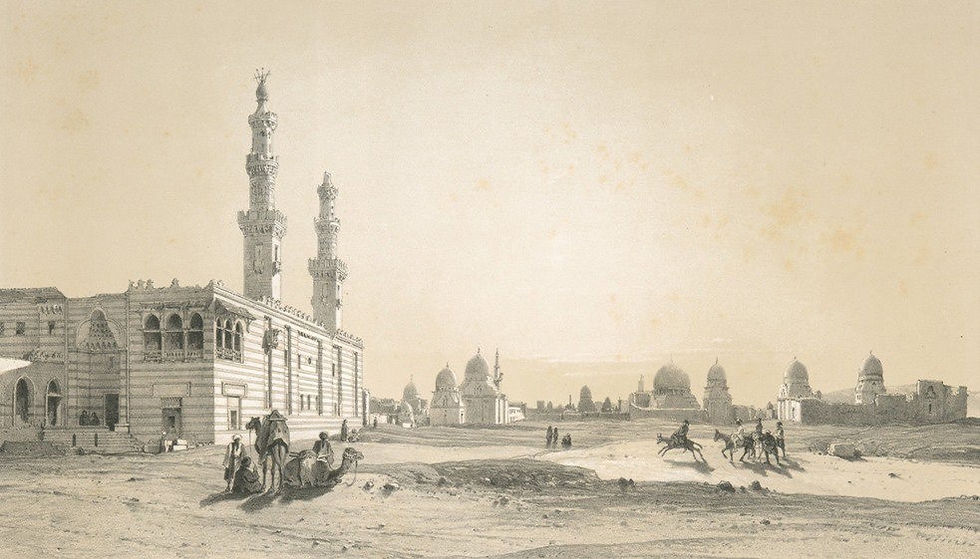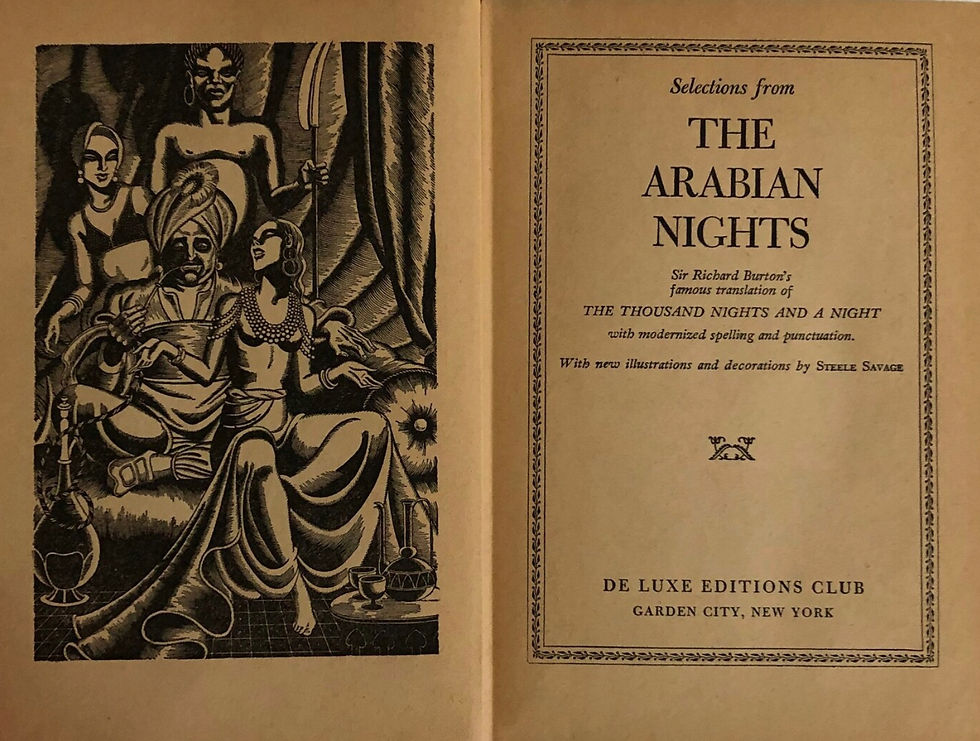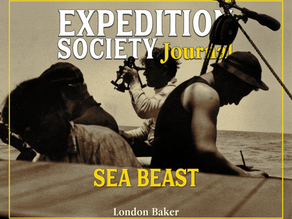The Man Who Could Be Anyone
- Doug Pelton

- Jul 20
- 3 min read
By: Doug Pelton


Cairo, 1853. The sun bakes the dust until it clings to your skin like another layer of sin. A tall man in robes leans into a prayer call, lips moving in Arabic, skin darkened with walnut dye, every movement rehearsed. Inside the city walls of Mecca, no infidel has ever walked freely. To do so is death. But Sir Richard Francis Burton never did anything freely. He did it purposefully. Sometimes with grace, more often with danger nipping at his heels. He wasn’t just passing through the world—he was slipping into its skin.
The Mask-Fitter of Empires
Burton was born in 1821, the son of a British army officer and a spirited heiress with too much fire for her time. He grew up bouncing around Europe, soaking up languages like a dry sponge soaks up rain water. By the time he reached adulthood, he could speak 29. While other officers in India were drinking gin and memorizing Queen’s regs, Burton was dressing like a local, training in swordplay with Afghan mercenaries, and slipping into bazaars under assumed names. He didn’t visit cultures. He infiltrated them. He wasn’t trying to fit in with empire. He was trying to get lost in the world. “The more I study religions,” Burton once wrote, “the more I am convinced that man never worshipped anything but himself.”
That wasn’t blasphemy—it was field research.

The Infidel in Mecca
In 1853, Burton took the greatest gamble of his life. He disguised himself as a Muslim pilgrim and entered Mecca and Medina—the holiest cities in Islam. The punishment, if discovered, was death. He knew that. He did it anyway. He memorized customs, learned prayers, carried the right calluses in the right places. His disguise was so precise it fooled trained eyes. When he finally laid eyes on the Kaaba, he didn’t blink.

Burton never flinched. Even when someone handed him a blade and told him to join in a public execution. Even when he watched another man be flayed alive for being a spy. He made it out alive. He always did. But parts of him stayed buried in the sand.
“The devil drives, and that’s a fact. But he drives me where I want to go.” —Sir Richard F. Burton
Swords and Shadows
Burton’s life is the original knife’s edge. He fought with the East India Company. Dueled a man who insulted his moustache. Took a Somali spear through the face and lived to joke about it. He helped chart a route to the African Great Lakes, searching for the source of the Nile with John Hanning Speke. Their partnership fell apart in a stew of ego, sunstroke, and British arrogance. Speke got credit for the discovery. Burton got the better story. Speke died from a suspiciously self-inflicted gunshot wound the day before their public debate. Burton didn’t gloat. He didn’t need to.

Ink and Instinct
When the expeditions ended, Burton turned to ink. Not safe stuff either. He translated The Arabian Nights in full, The Kama Sutra, and The Perfumed Garden, sneaking erotic passages past British censors under scholarly pretense. He treated sex like he treated maps: something to explore fully, not fear. His writing was controversial, vulgar to some, brilliant to others. He didn’t care. He wasn’t writing for them. He was writing for the men like him the ones who had seen too much, gone too far, and knew there was no coming home the same.
The Fire That Wouldn’t Go Out
Burton died in Trieste in 1890, a diplomat in exile, still wearing the wrong kind of uniform. His wife Isabel, in a fit of Catholic guilt and Victorian propriety, burned many of his unpublished works. The world lost volumes. But you don’t kill a man like Burton with fire.
He still lives in the margins of old maps, in footnotes of the forbidden, in the blood-soaked sand of Mecca and the lush rim of Lake Tanganyika. His story is proof that some men don’t follow roads—they cut their own through jungle, culture, and taboo. Sir Richard Francis Burton didn’t just explore the world. He became it.
About the author:
Doug is a traditionalist with a double gun, a well-worn passport, and a fondness for strong coffee over a smoky fire. He’s hunted stags in the Highlands, buffalo in the bushveld, birds in the plains and still believes a man should carry a cartridge he can pronounce. When he’s not chasing game or stories, he’s reading Ruark by lantern light and planning the next adventure.
Bibliography & Further Reading:
Edward Rice – Captain Sir Richard Francis Burton
Fawn M. Brodie – The Devil Drives: A Life of Sir Richard Burton
Sir Richard F. Burton – Personal Narrative of a Pilgrimage to Al-Madinah and Meccah
Tim Jeal – Explorers of the Nile
Burton’s translations – The Arabian Nights, Kama Sutra, The Kasîdah

.png)



















